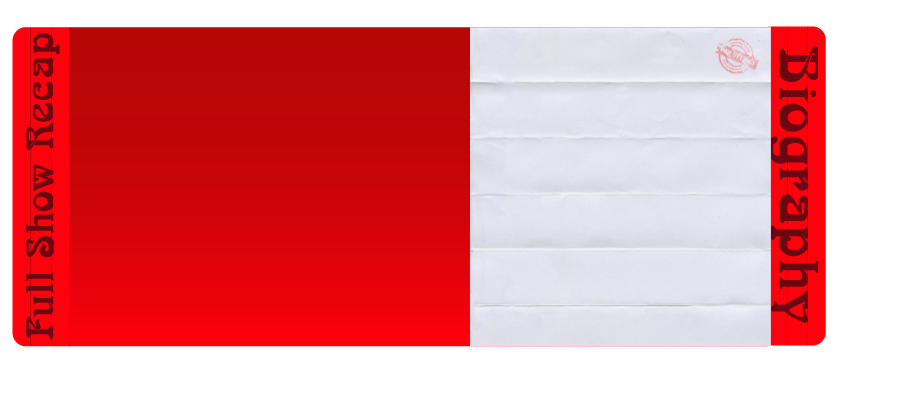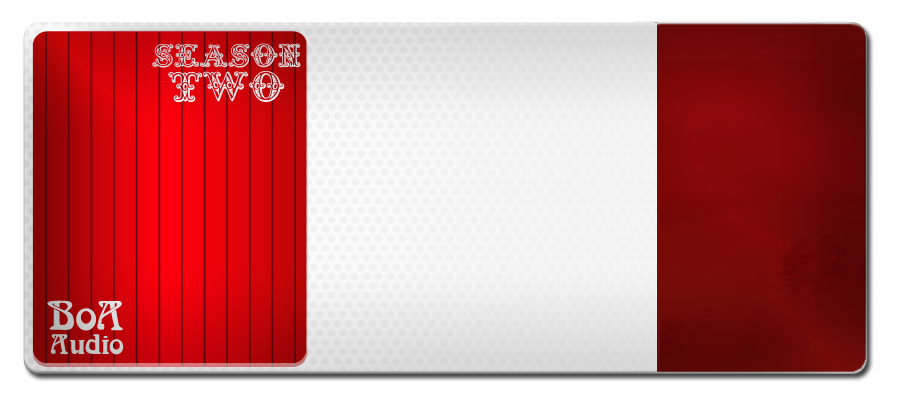
He shares with us early advice he got on getting involved in studying UFOs, what key figure in early Ufology was instrumental in the early days of his career as a Ufologist, an interesting coicidence that really got the ball rolling on his lecturing on flying saucers. He gives some background on what he considers some of his crucial talks in the early days. He discusses the early rules he had from his employers with regards to his then-side career as speaker on flying saucers. He tells us what convinced him to pursue his UFO speaking career after the bottom fell out of the nuclear system business.
We talk about the 1968 Congressional committee that discussed the UFO phenomenon. He tells us what other key figure in early Ufology was instrumental putting it together and how Stan ended up being one of the 12 specialists who contributed to the committee. He talks about what came out of the study, what made it different from the previous Congressional inquiry into UFOs, and whose paper was a "turning point" for him.
He talks about the mood within Ufology during this time. We discuss the Condon Report that came out shortly after the Congressional. Stan gives us his first hand account of the immediate effect of the Condon Report within Ufology. He talks about some of the aspects that have helped his speaking career and some general observations regarding people's perceptions of the UFO phenomenon, based on his hundreds of presentations over the years.
Stan talks about the NICAP v. APRO feud, some of the key differences between the two groups and their distinct perspectives on how to tackle the UFO phenomenon. He talks about his dealings with NICAP from the perspective of his group in Pittsburgh at the time. He also talks about how he helped APRO to investigate part of the Bettie Hill starmap case. He talks about some of the differences in membership between the two groups. We talk about the BoA : Audio pet question regarding the missing APRO documents and Stan sheds some light on this story.
We get Stan's take on the lack of young people in Ufology and how to get them interested. He talks about what has changed over the years and has caused this atrophy of youth interest. He tells us what Ufology needs to do more of in order to bring in more young researchers.
We wrap it up with a brief discussion on his ongoing request for information on any pilots who went missing while chasing UFOs, what kind of information this request has borne out so far, and what got him interested in this aspect of the UFO phenomenon.
Stanton T. Friedman received B.S. and M.S. degrees in physics from the University of Chicago in 1955 and 1956. He was employed for 14 years as a nuclear physicist for such companies as GE, GM, Westinghouse, TRW Systems, Aerojet General Nucleonics, and McDonnell Douglas on such advanced, classified, eventually cancelled, projects as nuclear aircraft, fission and fusion rockets, and nuclear powerplants for space.
He has provided written testimony to Congressional Hearings, appeared twice at the UN, and been a pioneer in many aspects of Ufology including Roswell, Majestic 12, the Betty Hill-Marjorie Fish star map work; analysis of the Delphos, Kansas, physical trace case; crashed saucers, flying saucer technology and challenges to the S.E.T.I. (Silly Effort to Investigate) cultists.
He is the author of the books "TOP SECRET/MAJIC" and "Crash at Corona: The Definitive Study of the Roswell Incident"
His website is www.stantonfriedman.com.

